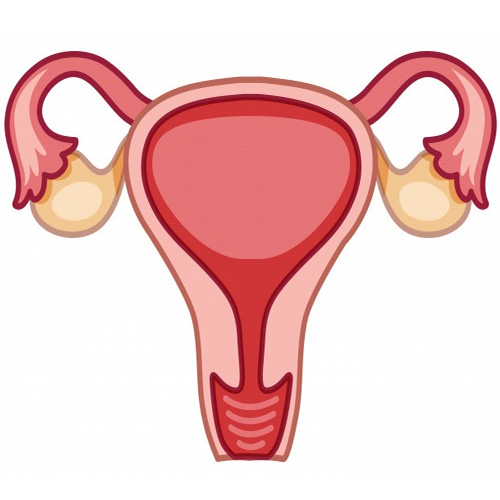Ovarian Failure

The reproductive processes in the male and female are under the complex control of numerous hormones. Changes in the levels of male and female hormones can be caused by a variety of factors, and can result in impotence or erectile dysfunction in men and infertility and low sex drive in both men and women.
Hormonal disorders which can disrupt male infertility
- Hypothyroidism – Low thyroid hormone levels–can cause poor semen quality, poor testicular function and may disturb libido. Men with thyroid disease can have resulting low sperm count and reduced sperm motility. This condition is found in only 1 percent of infertile men.
- Hyperprolactinemia – Elevated prolactin hormone is found in 10 to 40 percent of infertile males. Greater elevations of this hormone reduce sperm production, reduces libido and may cause impotence.
- Hypogonadotropic Hypopituitarism – Low pituitary gland output of LH and FSH. It causes the progressive loss of germ cells from the testes. If all germ cells are destroyed before treatment commences, the male may be permanently infertile.
- Panhypopituitafism – Complete pituitary gland failure–lowers growth hormone, thyroid-stimulating hormone, and LH and FSH levels.
- Congenital Adrenal Hyperplasia – it includes low sperm count, an increased number of immature sperm cells, and low sperm cell motility. It occurs when the pituitary is suppressed by increased levels of adrenal androgens.
Hormonal factors which can disrupt female infertility
- Polycystic ovary syndrome – This syndrome is characterized by a reduced production of FSH, and normal or increased levels of LH, oestrogen and testosterone. It is the most common disorder responsible for anovulation and infertility.
- Malfunction of the hypothalamus – The hypothalamus is the portion of the brain responsible for sending signals to the pituitary gland. If the hypothalamus fails to trigger and control the process, immature eggs will result which leads to ovarian failure.
- Malfunction of the pituitary gland – The pituitary gland is responsible for producing and secreting FSH and LH. The ovaries will be unable to ovulate properly if either too much or too little of these substances is produced.
- Hypothyroidism – Thyroid disease can cause female infertility by resulting in anovulation (lack of ovulation) and menstrual irregularity.
- Hyperprolactinemia – it is an overabundance of the hormone prolactin. It causes Irregular or absent menstrual periods and increased levels of androgens in women which leads to infertility in women.
